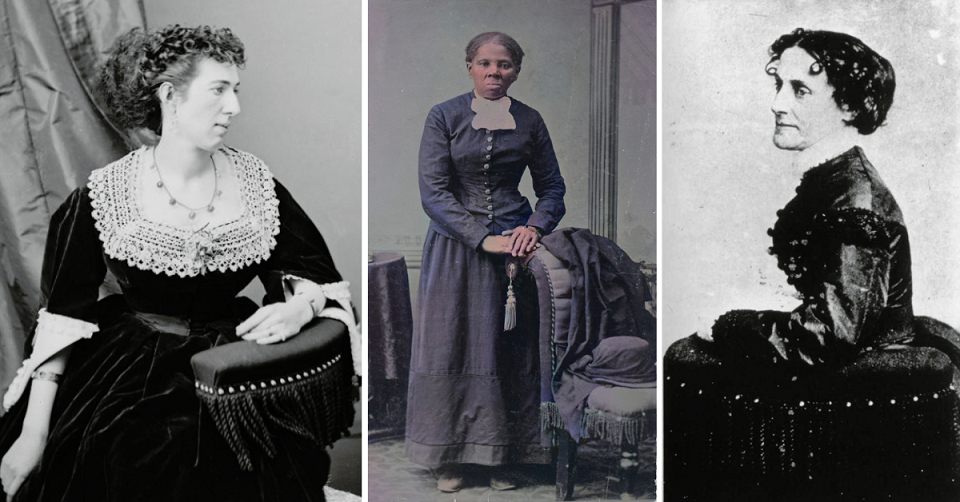During the Civil War, most American males were involved in the battle in some way. But there were also several women who were very important to both sides. By spying on the opposition, they revealed battle plans and troop formations in advance. Below are five examples of female spies who worked for the Confederate and Union armies.
Rose O’Neal Greenhow
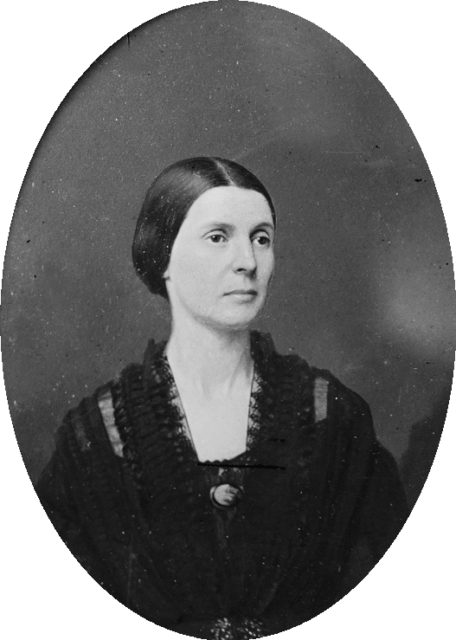
Greenhow is one of the best-remembered spies of the Civil War for two reasons. First, she was very successful at it. Second, she died ridiculously. Born into a slave-holding family in Maryland, Rose O’Neal’s father was killed by his valet when she was four years old. She later married into society and became a spy for the Confederacy. She was caught and sent to Union prison.
After being released, Greenhow journeyed to Europe, where she was treated like a celebrity. She also penned her memoirs, for which she was paid handsomely. The spy attempted to return to the states aboard a British blockade boat. The boat, however, was rammed by a Union gunboat. Greenhow tried to escape in a rowboat that capsized. Weighed down by $2,000 in gold sewn into her dress, the spy drowned. The money was her payout from her memoirs.
Elizabeth Van Lew
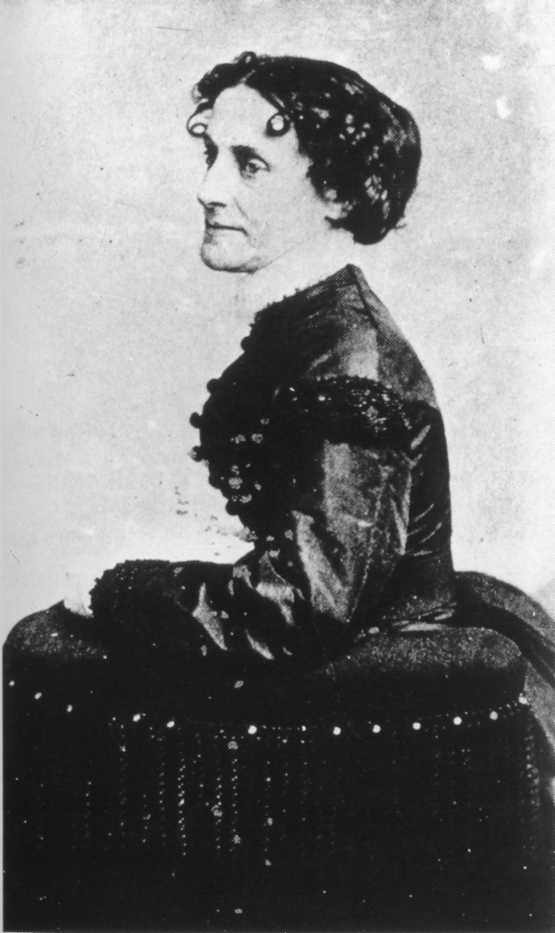
Elizabeth Van Lew was born in Richmond, Virginia, to a successful slave-owning father. That’s not to say all of the members of her family members supported the practice of slavery. Her maternal Grandfather was Hilary Baker, an abolitionist who served as the Mayor of Philadelphia from 1796 through 1798. When her father died in 1843, Van Lew and her mother freed all of the family’s slaves. She also used the entirety of her inheritance, $10,000, to purchase and free relatives of the enslaved people she had emancipated.
When the Civil War broke out, there was a Confederate prison in Richmond where Union captives were held. Van Lew convinced the Confederates to allow her to bring food, clothes, and writing supplies to the imprisoned soldiers. Soon, she was passing notes to and from the prisoners. Her spy network grew, and she met Gen. Ulysses S. Grant on multiple occasions. Upon becoming President, Grant made Van Lew the Postmaster General of Richmond.
Emeline Piggott
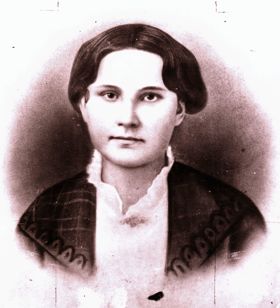
Piggott grew up in the town of Carb Point, North Carolina. Shortly after the Civil War began, she noticed a Confederate Army Camp right across the creek from her family farm. She would provide the soldiers with food and supplies and nurse wounded soldiers back to health. In addition, Piggott smuggled food, water, and messages out of the camp, hiding them in the woods for other Confederates to find. After falling in love with a private named Stokes McRae, Piggott followed the troops. McRae was killed in battle in 1863.
The North Carolina woman continued to work for the South, convincing fishermen to spy on Union troops for her. Union soldiers eventually captured Piggott. While she was imprisoned for a time, she was later released without being tried. Following the war, Piggott joined the United Daughters of the Confederacy and remained a member until she died in 1919, at the age of 82.
Belle Boyd
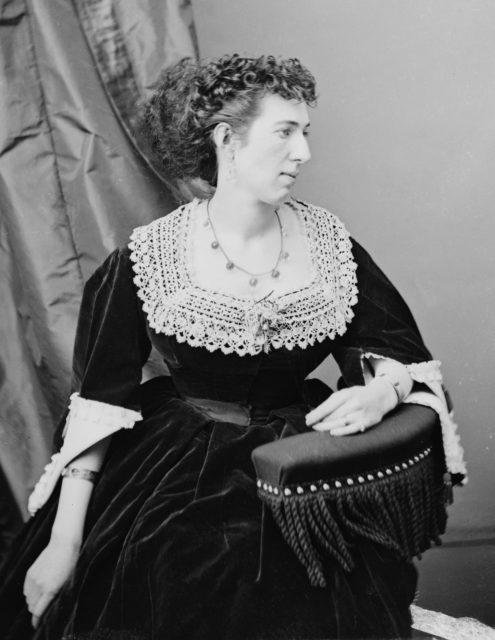
Belle Boyd is easily the youngest spy on this list. When the Civil War first broke out, she was only 17 years old. In 1861, the Virginia teen shot and killed a Union soldier who insulted her mother and attempted to search the house. She was acquitted on charges of murder and soon joined the Confederacy. Boyd was attractive and charming, and she utilized these traits while performing her duties. The spy became essential to the Confederate cause and worked as a courier for Stonewall Jackson and P.G.T. Beauregard. Jackson even credited Boyd for helping him win the Shenendoah campaign of 1862.
Boyd was arrested by the Union Army on six different occasions and later fled the country. She later married a former Union soldier who had detained her at one point. Boyd wrote her memoirs in 1865 and subsequently gained renown as an actress. The former spy died in 1900 at the age of 56.
Harriet Tubman
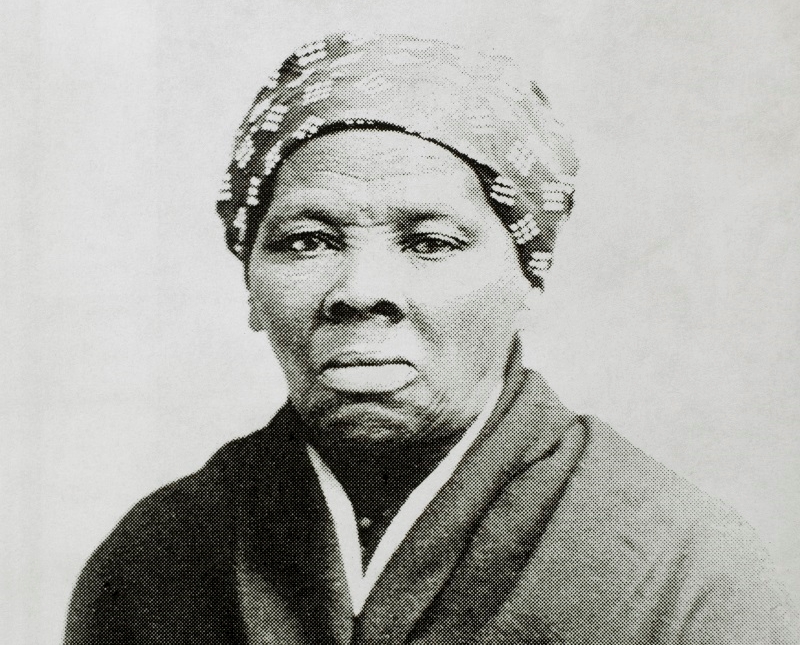
Harriet Tubman is best known for creating the underground railroad, which helped lead 300 enslaved people to freedom. But what many don’t know is that she was also an incredibly valuable spy for the Union Army.
Tubman’s most significant contribution to the Union war effort came in South Carolina in 1863. Sneaking behind Confederate lines, Tubman sought info from enslaved Black people, most notably the location of Southern torpedos. The spy then led the Union army in a raid across the Combahee River. The Union soldiers raided, burned bridges, tore up railroad tracks, and destroyed Confederate mansions. The spy was recently inducted into the Military Intelligence Corps Hall of Fame.
